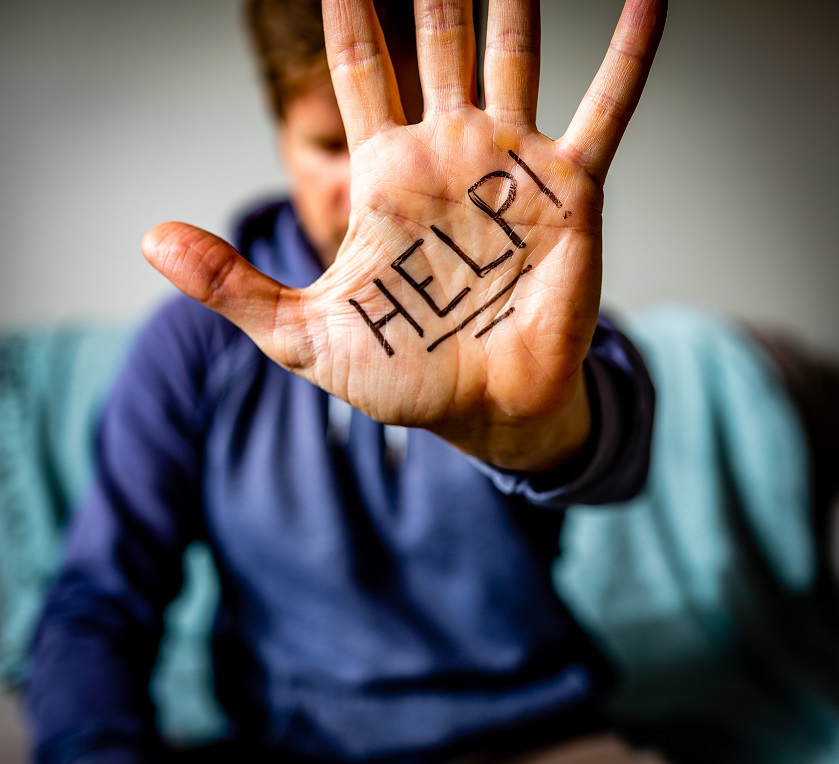


Clear signs of drug addiction, such as physical and behavioral changes, declining health, neglect of responsibilities, and strained relationships, may necessitate an intervention.
When someone is resistant to acknowledging their addiction or refuses voluntary help, an intervention creates a supportive environment for them to understand the severity of their situation and the importance of treatment.
If drug use leads to risky activities, violence, or driving under the influence, an intervention becomes crucial to prevent harm to themselves or others.
Combining substance abuse with mental health issues may require an intervention to address both aspects and guide individuals toward comprehensive treatment.
If self-efforts to quit or control drug use have failed, a professionally guided intervention offers the necessary support for a successful transition to treatment.
When loved ones witness the negative effects of addiction on an individual's life, organizing an intervention collectively encourages treatment.
In the face of legal issues related to drug use, an intervention serves as a proactive step to demonstrate the seriousness of the situation and encourage compliance with legal requirements.
Persistent drug abuse leading to deteriorating physical health may require an intervention to emphasize the urgent need for medical attention and rehabilitation.It's crucial to plan a drug intervention carefully, preferably with the guidance of a professional interventionist or therapist experienced in addiction treatment. The goal is to create a supportive, non-confrontational environment that encourages voluntary entry into treatment.
Choosing to stage an intervention is a pivotal step toward helping a loved one overcome addiction, offering numerous compelling reasons: